Written by Eric Eberwein
There’s a central assumption in American theatre – an assumption that theatregoers and theatre artists are largely liberals who don’t want to hear conservative or neo-conservative points of view from the stage.
Is this assumption inaccurate, biased, or entirely justified?
 This fall, the Review surveyed the Orange County-area theatre community to gauge its feelings on the matter, collecting dozens of (anonymous) responses through SurveyMonkey. Not every respondent answered every question, but they had plenty to say collectively.
This fall, the Review surveyed the Orange County-area theatre community to gauge its feelings on the matter, collecting dozens of (anonymous) responses through SurveyMonkey. Not every respondent answered every question, but they had plenty to say collectively.
Almost all of the respondents (92.3%) identified themselves as theatre artists, acting or participating in local productions in some way. When asked, “Politically speaking, do you identify yourself as more liberal or more conservative?” 80.8% said they leaned liberal and 19.2% were conservative.
These theatre artists and theatregoers don’t sense that local stages are only featuring one political perspective. The Review asked them, “Do you think that the theatre you see or make presents only one side of the political view or spectrum, or more than one side?” A mere 28% said “one side,” while 72% said “more than one side.”
Just how are theatregoers and theatre artists arriving at this perception, especially when no local theatre companies seem to be making explicit attempts to program politically charged work?
Their perception may be influenced by play selection more than anything else.
Since at least the early 1960s, the leading edge of American theatre has exhibited a leftward tilt. Its dramatists, directors, and actors have frequently allied themselves with liberal political causes and given stage time to the stories of the marginalized, not merely the stories of the affluent and elite.
Given this reality, what exactly constitutes “conservative” theatre? A revival of On Golden Pond or Other People’s Money? A recent David Mamet play? (Mamet announced he was a conservative in a pointed 2008 Village Voice essay, “Why I Am No Longer a ‘Brain-Dead Liberal.’”)
Does “conservative” mean politically conservative or culturally conservative? Can a culturally conservative work from a theatre company be interpreted as a politically conservative statement?
Our respondents had some notions of what “conservative” and “liberal” theatre looked and felt like.“A lot of the more classical musicals, i.e., Rodgers and Hammerstein shows, are conservative,” one wrote. Indeed, another respondent identifying as a political conservative saluted Oklahoma as a work that “presents conservative morals while still being funny, provocative and highly entertaining and hugely successful through many decades.” (In their day, Rodgers and Hammerstein were regarded as relative liberals who stood up against bigotry and prejudice. Today, their views on male-female relationships and gender roles are widely critiqued.)

In addition to pre-Sondheim American musicals, Shakespeare | Summerfest Orange County’s production of Henry IV was interpreted by one respondent as a “conservative” programming choice (and perhaps all of Shakespeare’s canon, played straight up, risks such categorization if only for familiarity). Other respondents felt “conservative” theatre could be defined by the absence of representation: “not enough diversity in productions” or “a play with no minorities.”
In this age of Trump, some conservative theatre artists are trying to affirm (or perhaps reaffirm) the conservative “brand,” though not locally. In January, Columbus, Ohio’s Stage Right Theatrics will present the second annual Conservative Theatre Festival to “give credence to a truly marginalized group of artists whose voices are systematically silenced.” Atlanta will host a Republican Theater Festival in spring 2018 for “new plays (and musicals!) with conservative themes.”
As for examples of liberal programming, our local survey respondents cited such works as Tony Kushner’s Angels in America, Trey Parker, Matt Stone and Robert Lopez’s The Book of Mormon, Bert V. Royal’s Dog Sees God, David Finnigan’s Kill Climate Deniers, and even Rob Urbinati’s comic murder mystery Death by Design. One respondent called “plays that make new choices” liberal plays. Another wrote that to some local theatregoers, “any kind of contemporary play with sexual themes, social politics, or even swearing is like a ‘liberal’ play.”
OCR also polled respondents on how politically engaged a theatre company’s programming should be today. Fifty percent said “moderately,” 38.5% said “very,” and 11.5% said “not politically engaged.”
We asked our respondents if a play had ever changed one of their political opinions. In some cases, the answer was yes. “Vietgone (born in the OC at SCR and then heading to Broadway) totally expanded and challenged my view of war,” noted one survey participant. Another said, “I know a lot of people liked gay people more after seeing Stop Kiss.” In related news, another respondent noted that theatre “has helped me better understand why people reacted in certain ways at [times] in history.”
Others reported no such moments. “My liberal views have only been reinforced” by seeing theatre, one wrote. Another liberal respondent replied, “No, [and] I would also note that a lot of ‘liberal theatre’ serves to be a circle jerk where everyone gets off on feeling like they’re a good person for knowing that racism is bad, etc.”
Maybe the whole idea that you can change someone’s politics through theatre is weak. “I don’t think that’s exactly how it works,” one participant said. “Theatrical narrative does a better job of raising awareness of certain issues (Next to Normal with mental illness, Clybourne Park with racial/class issues).”
Pioneering second-wave feminist Carol Hanisch famously commented in 1969 that “the personal is political,” and echoing that remark, one of our survey respondents reminded us that “most ‘political’ plays are just (about) human issues.” Ultimately, so-called “issue plays” tell stories about people affected by social and political issues rather than serve as commentaries or editorials.
Empathy is at the heart of theatre that we can all recognize. It is one of the theatre’s best byproducts. You don’t have to be in this or that political camp to be moved, touched, or left laughing by what actors accomplish in a couple of hours with a script.
Responding to our inquiry of whether a political opinion had ever changed because of a play, one survey participant wrote, “Not specifically, but being able to empathize with or realize that there is a vast range of perspectives in the world is invaluable.” We can recognize this as theatre’s great gift this holiday season.


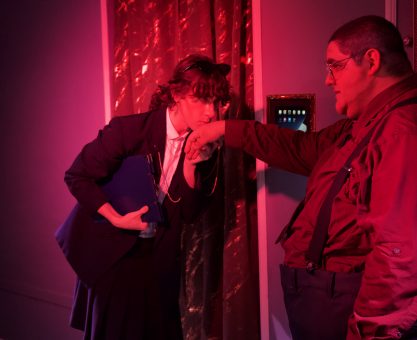
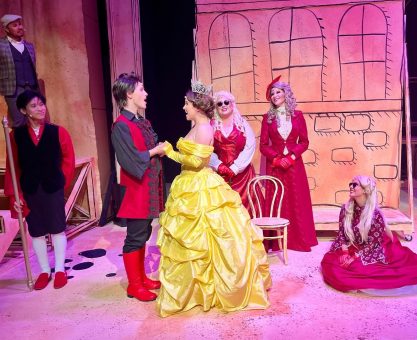
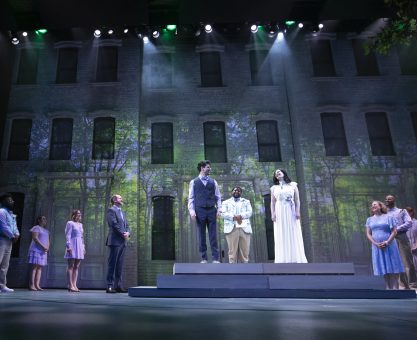


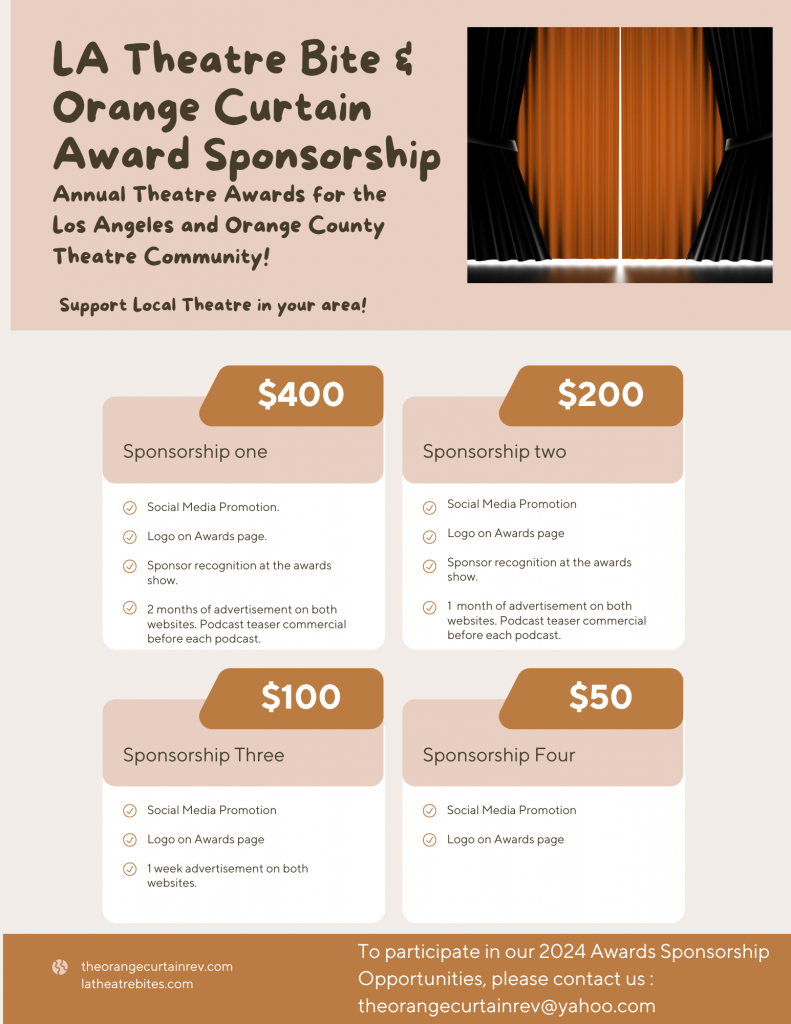


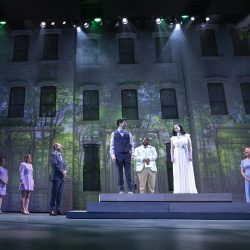



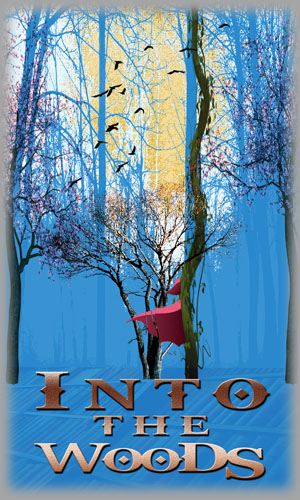

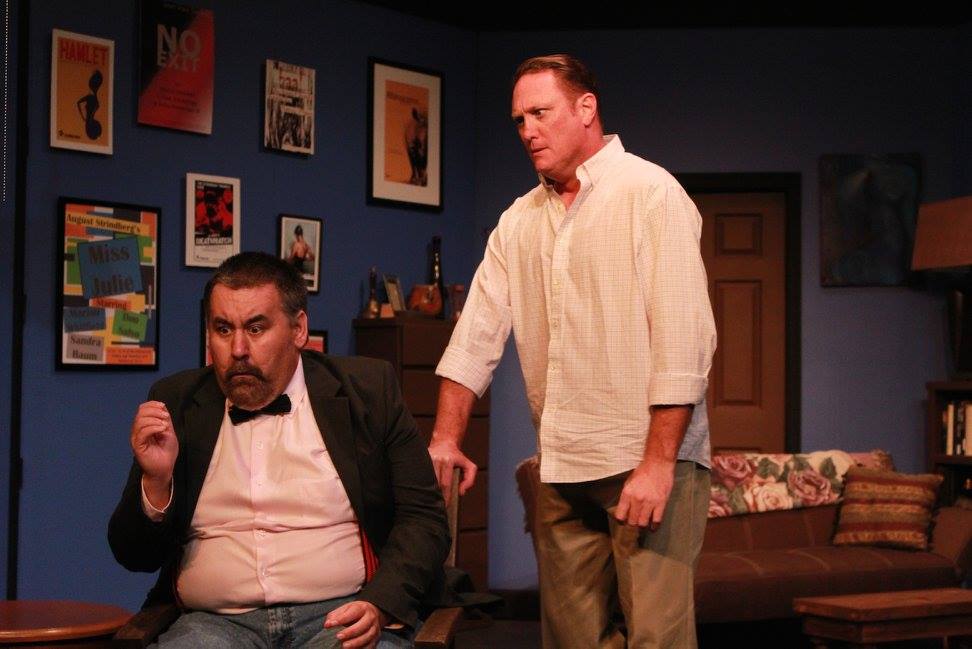
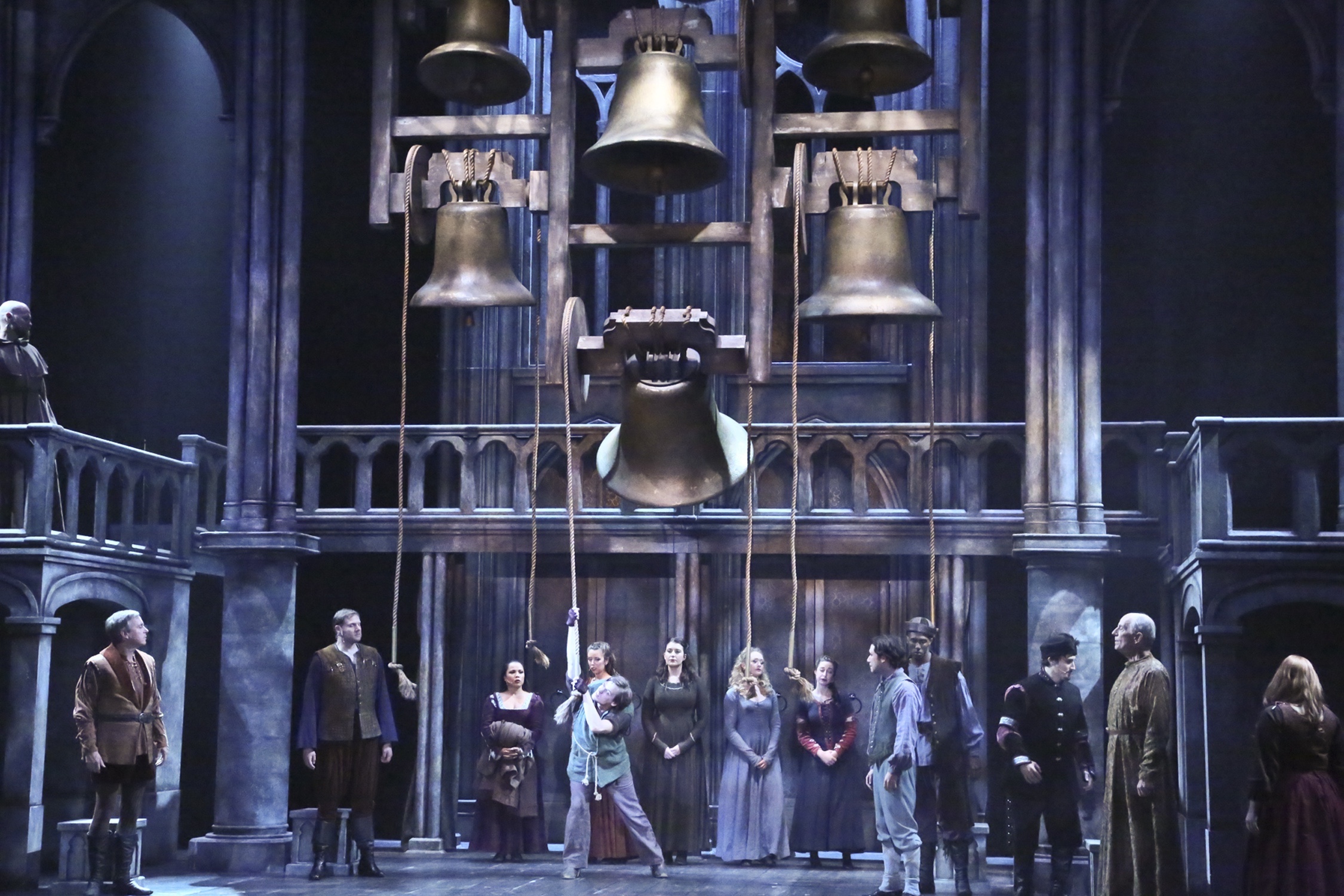
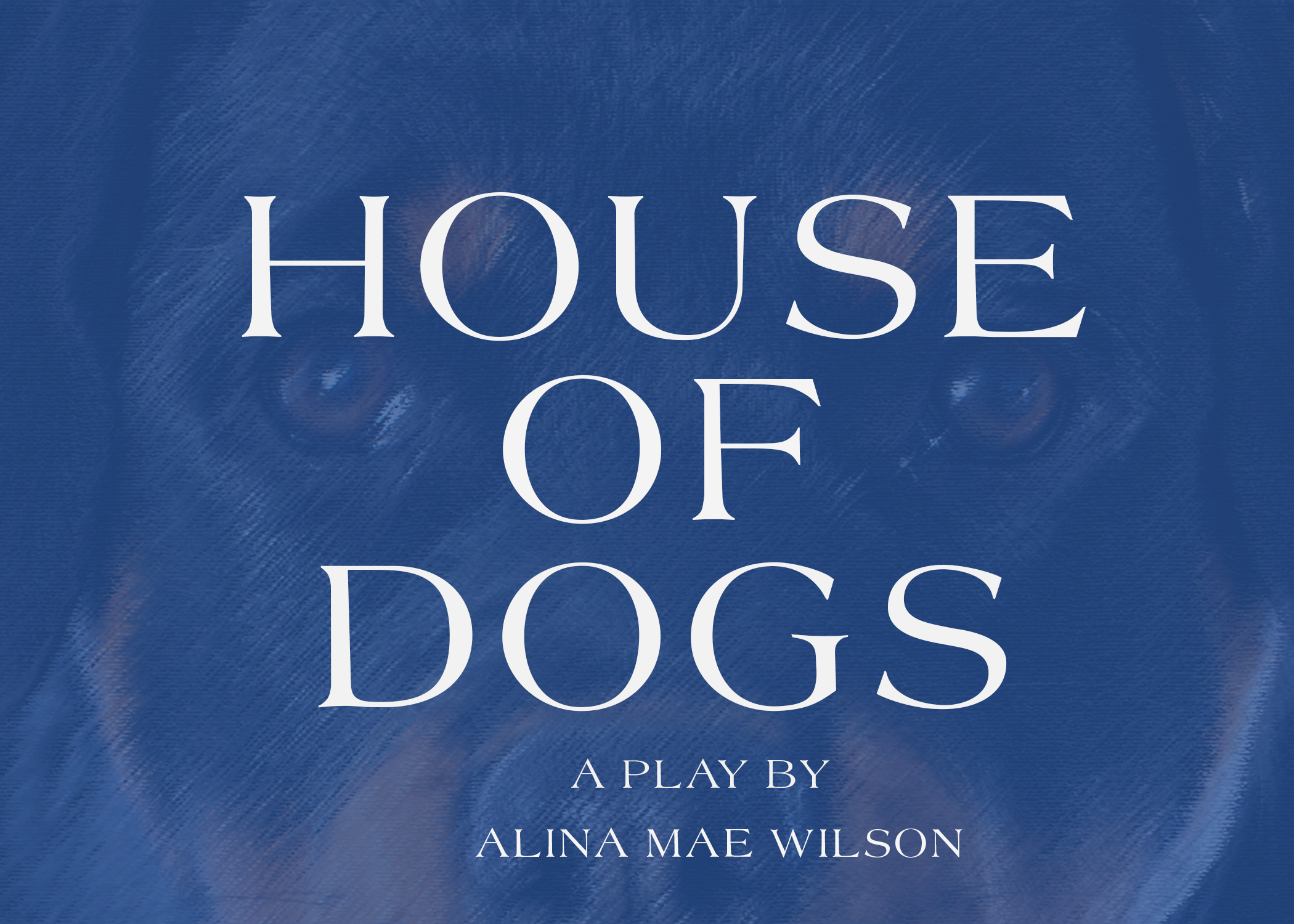
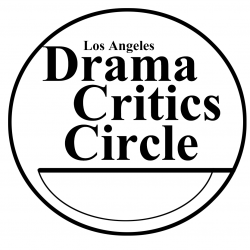
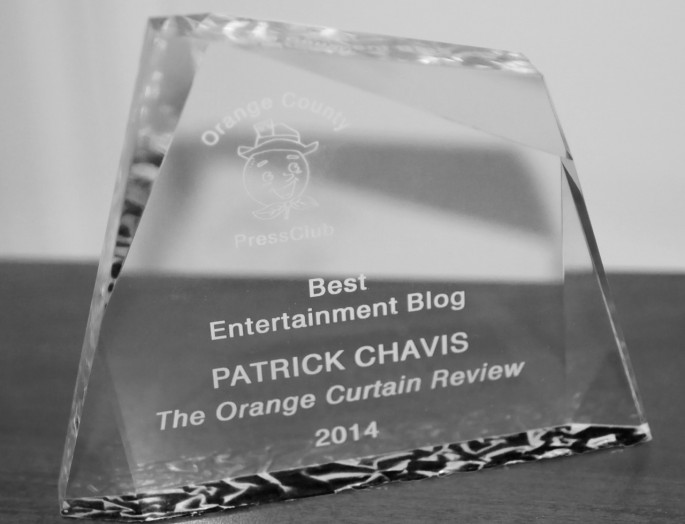
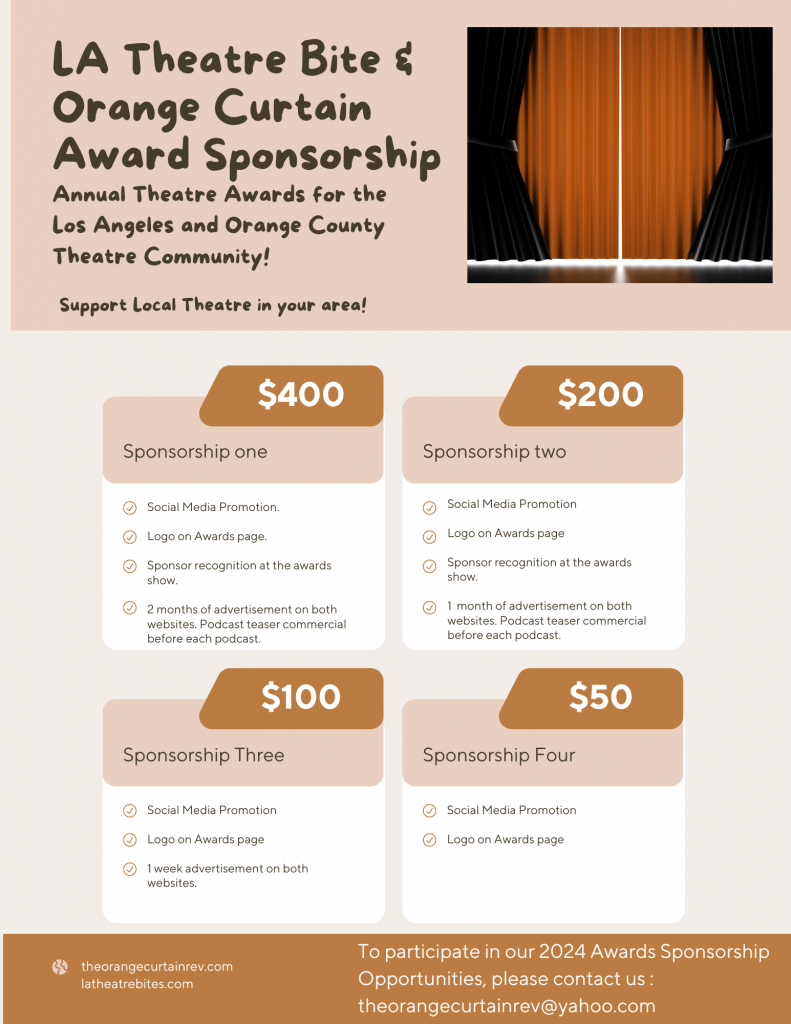



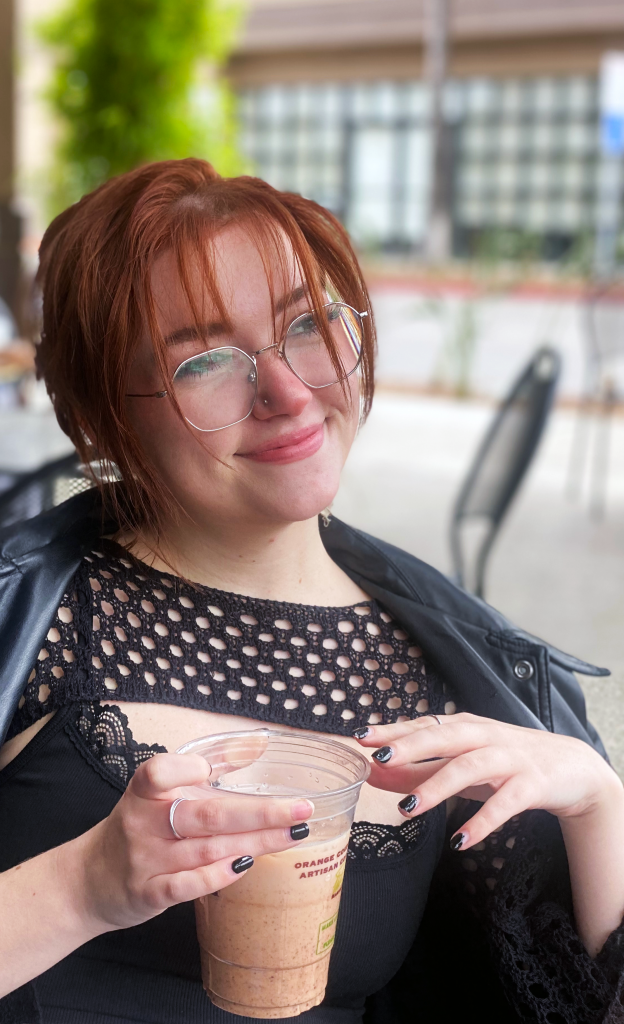
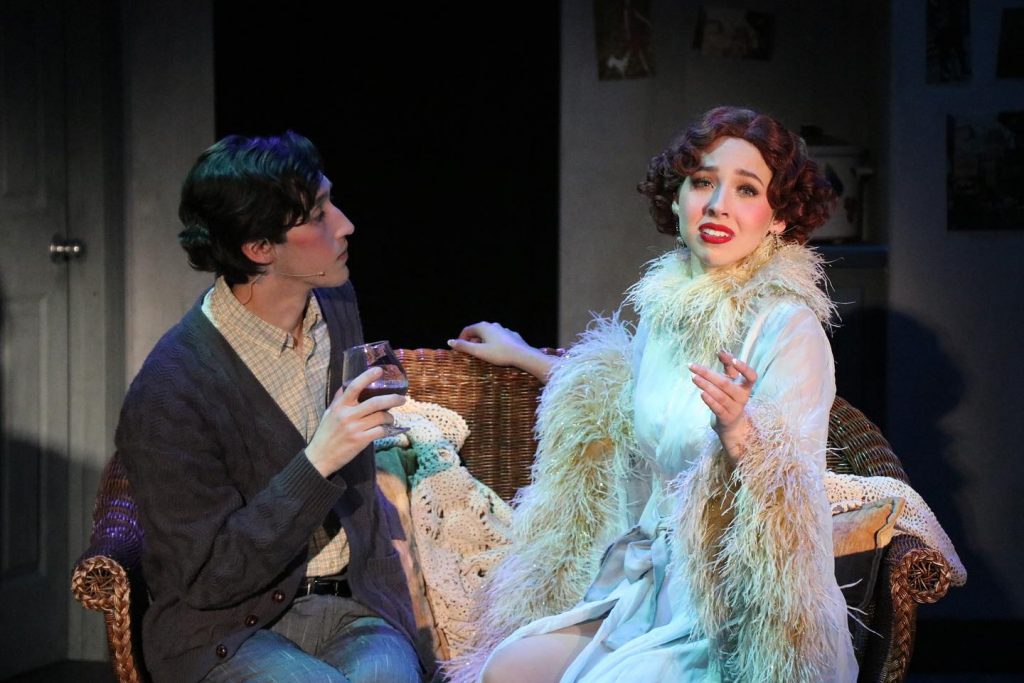
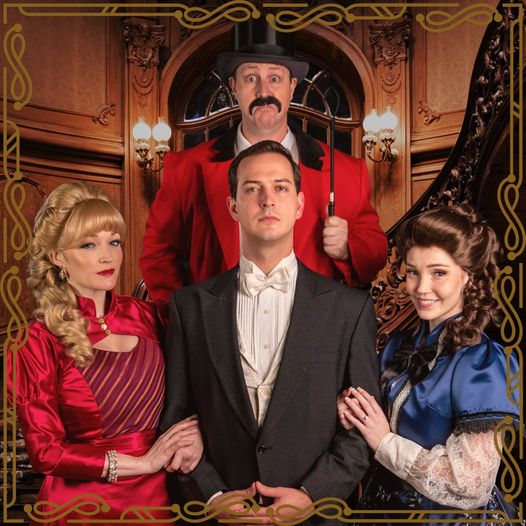
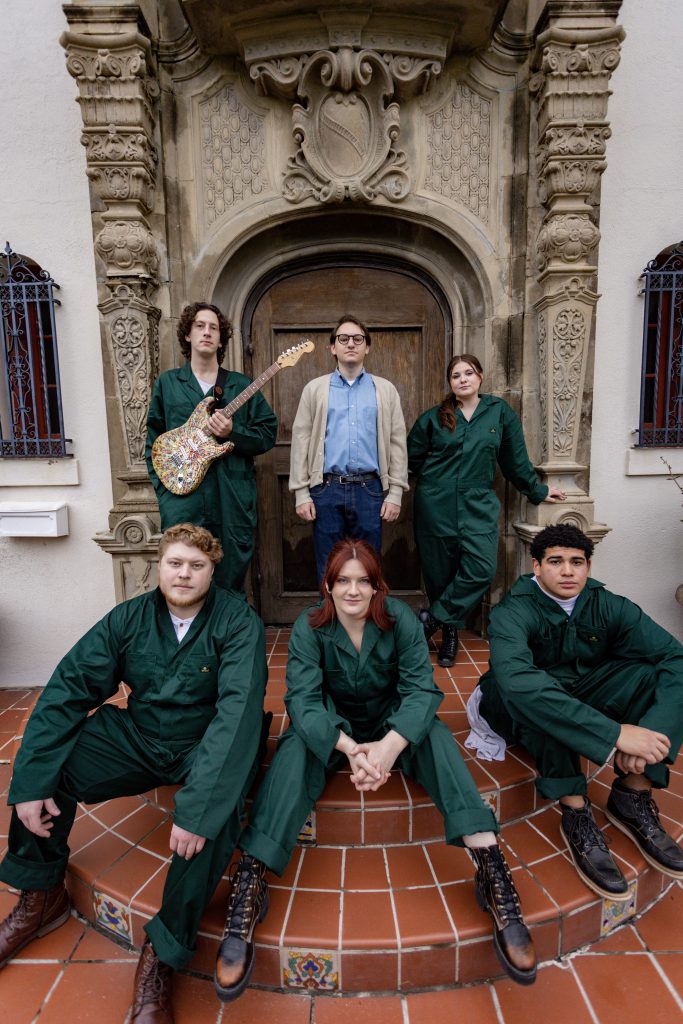
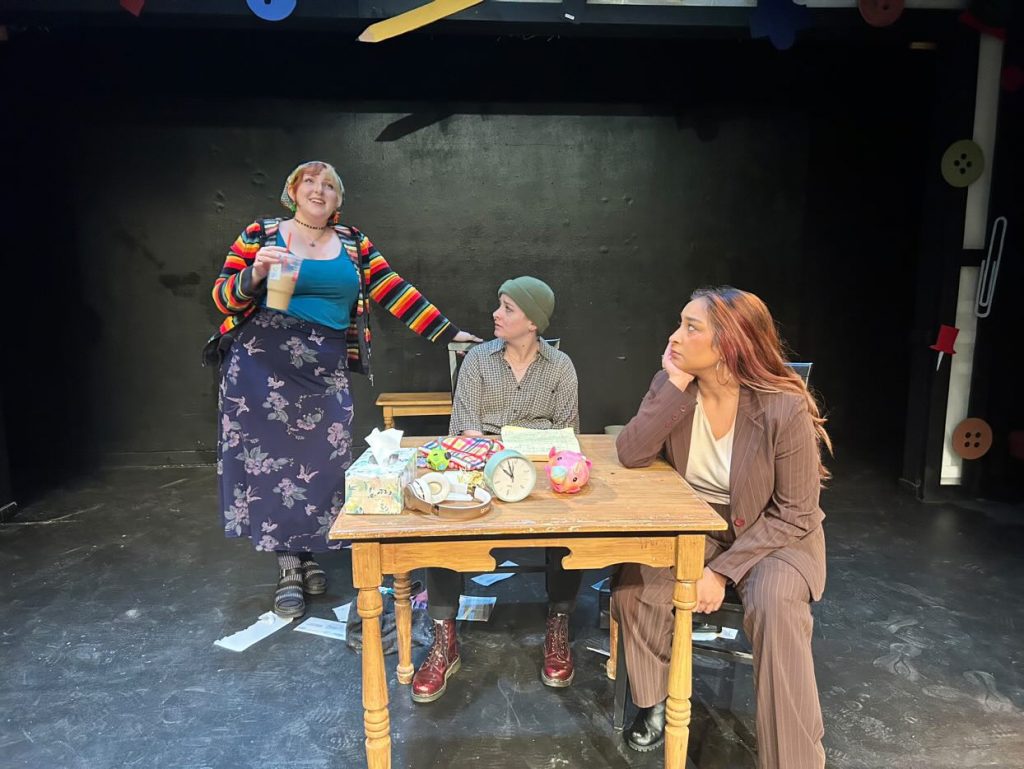
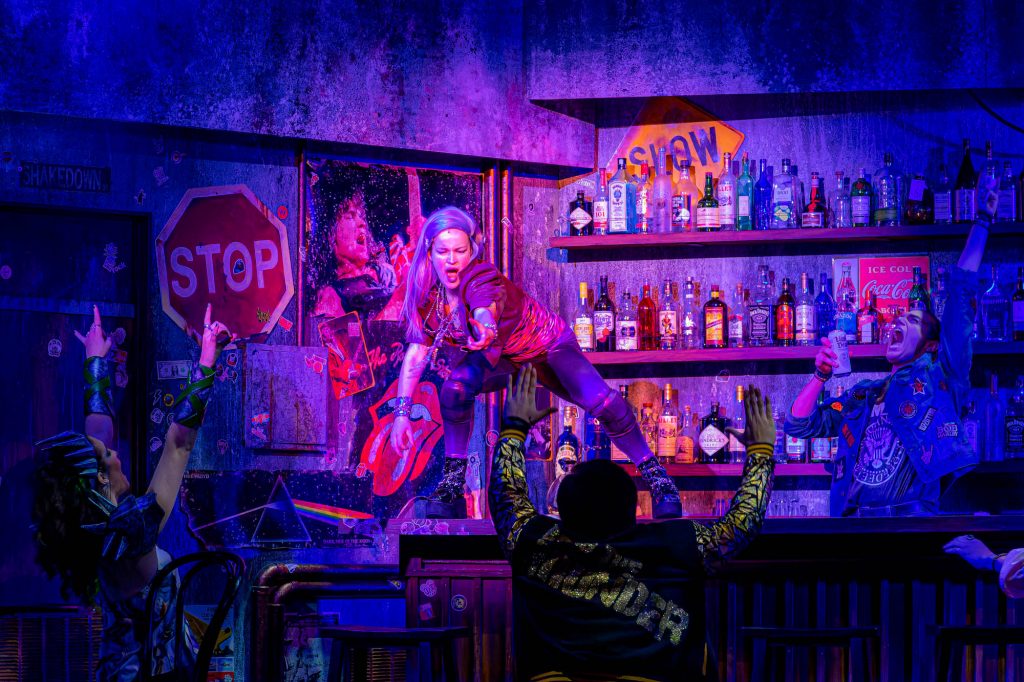
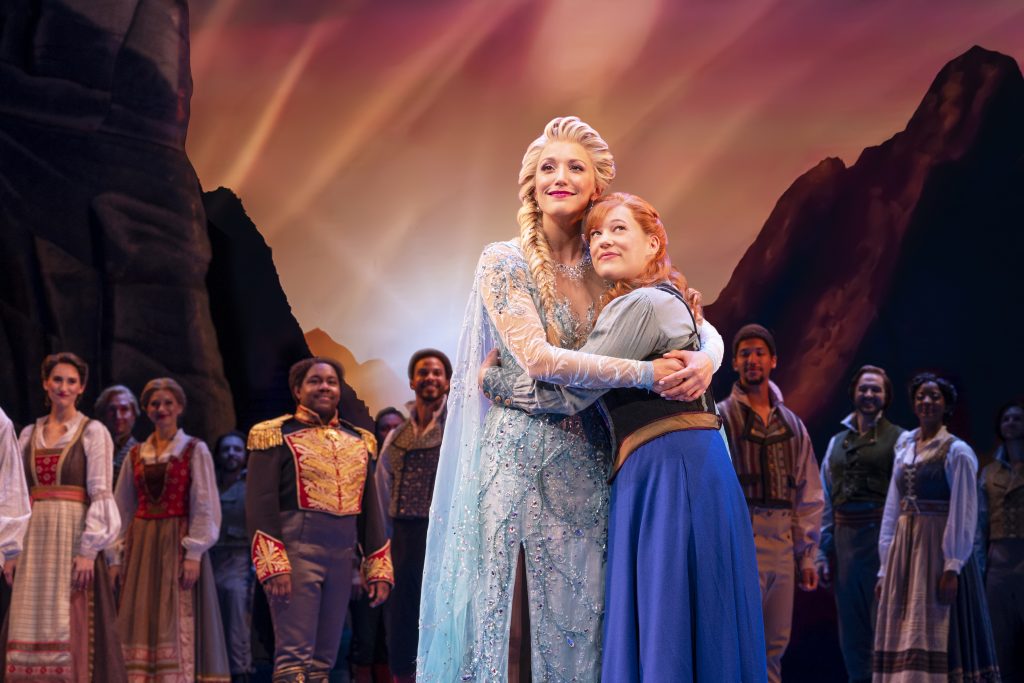
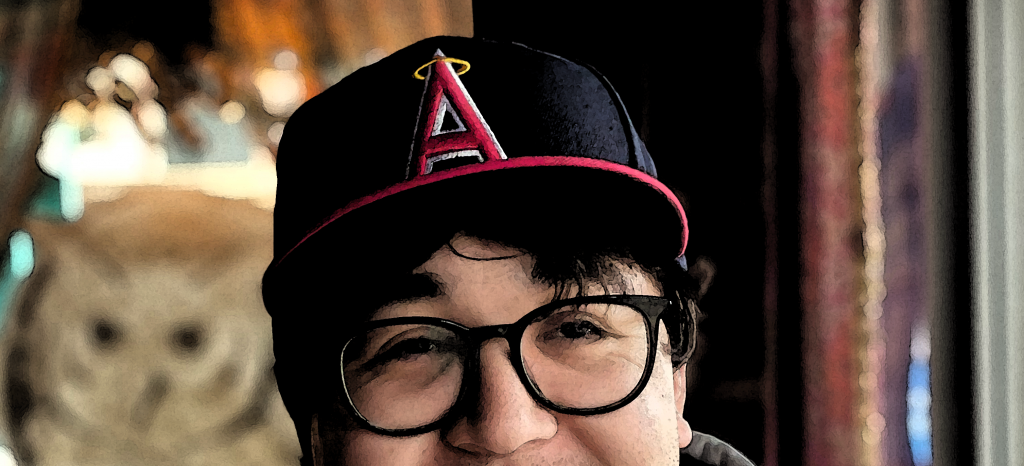
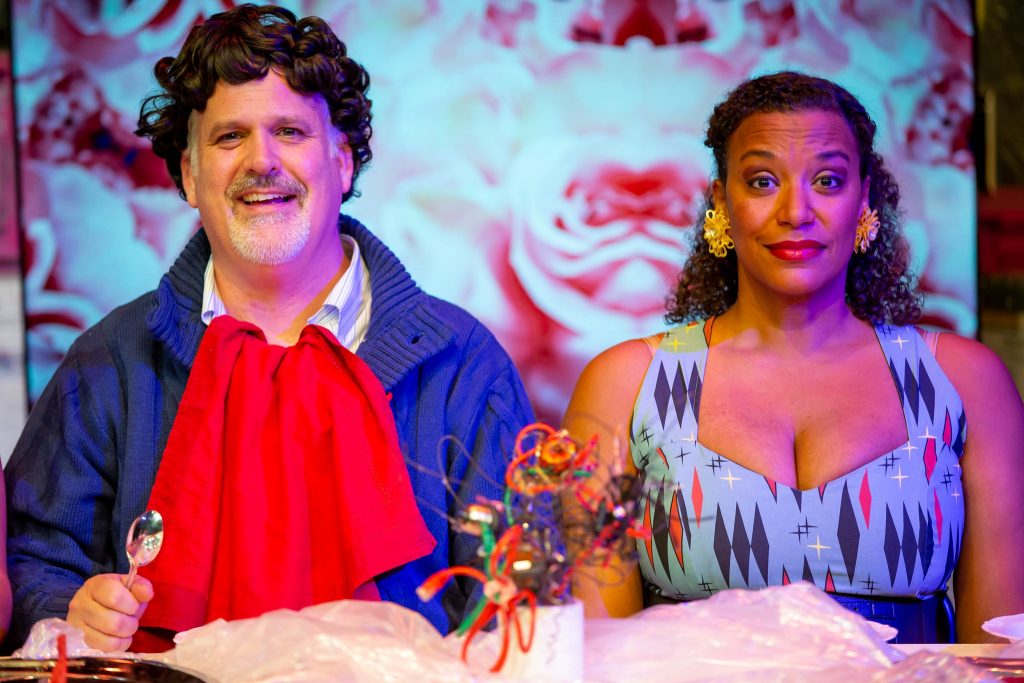

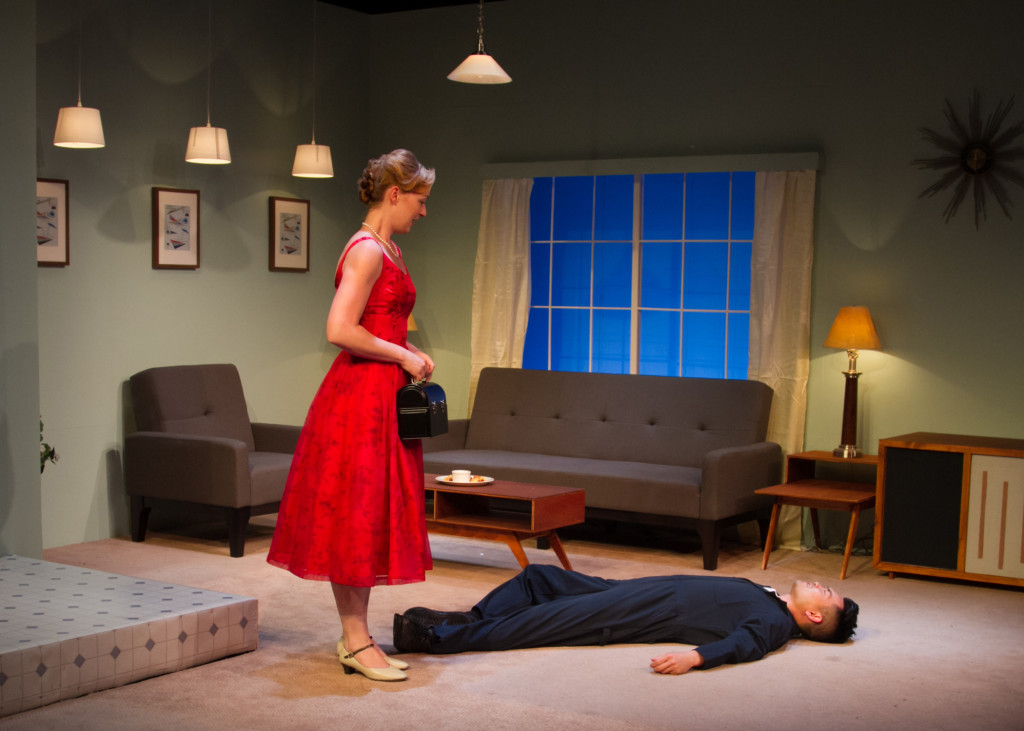
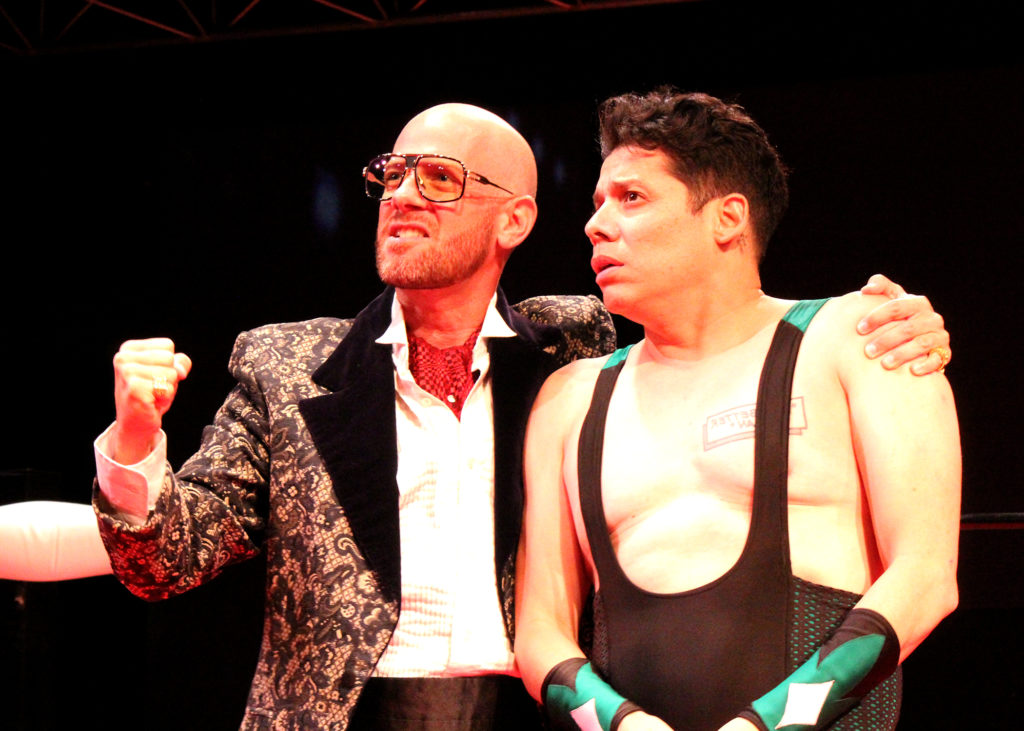
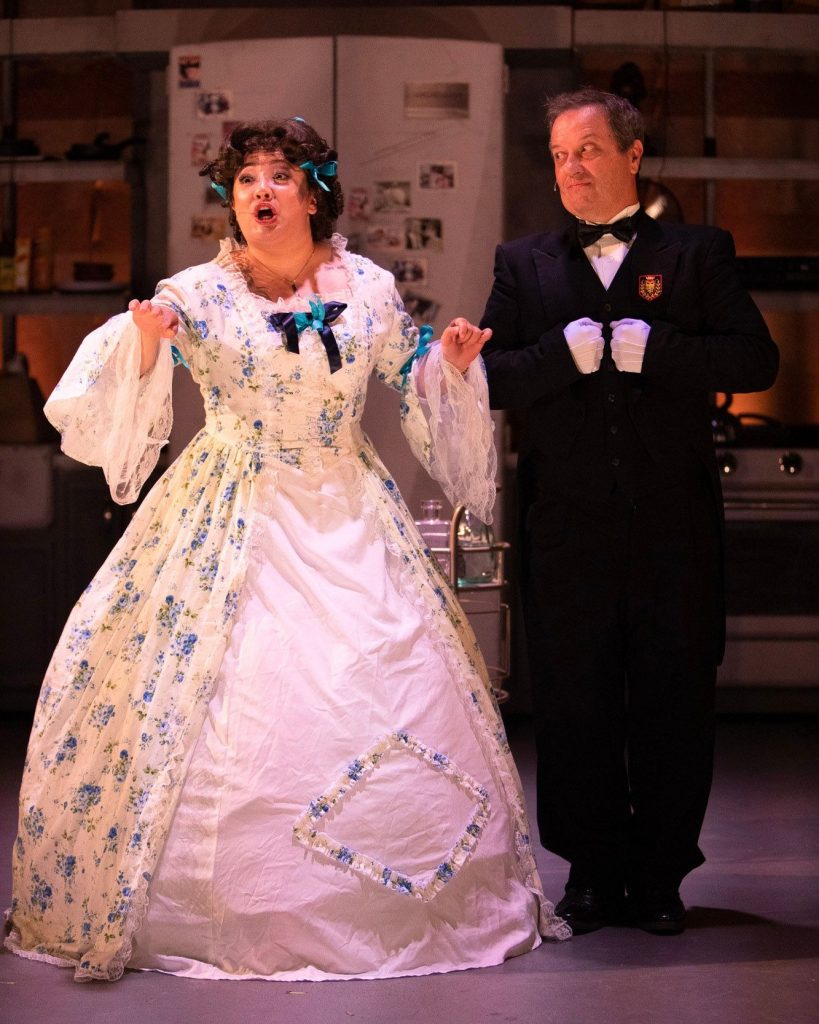

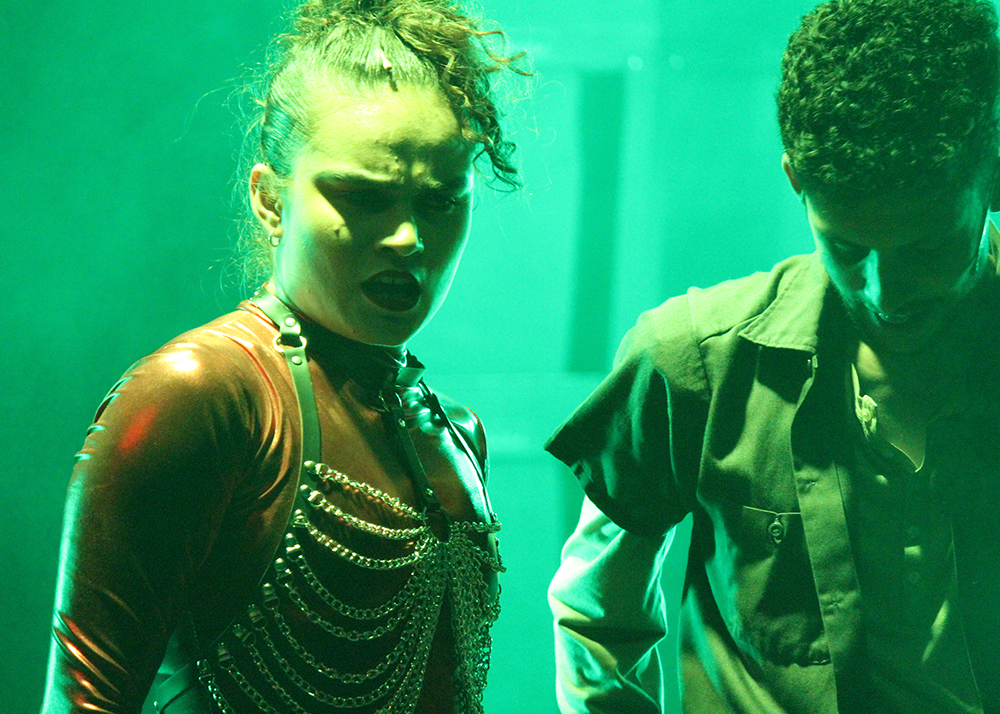
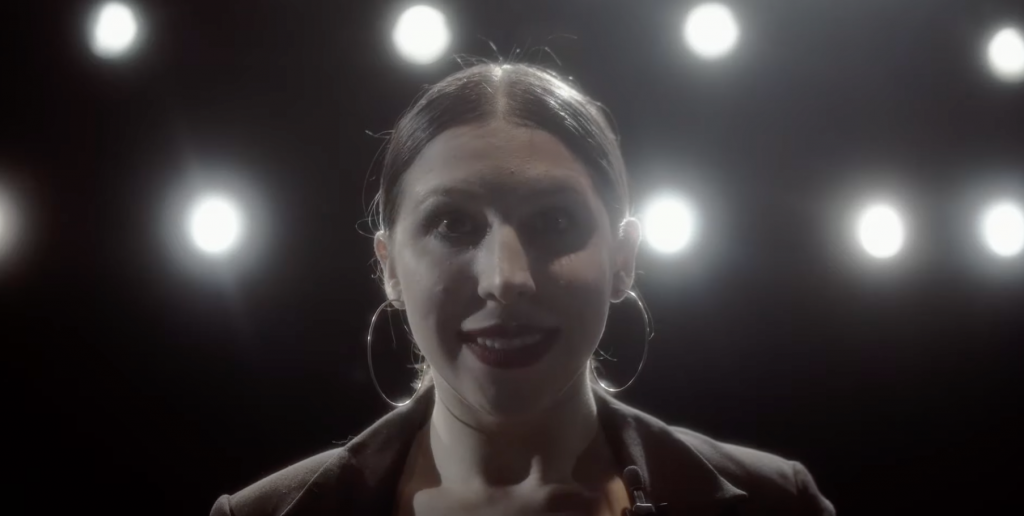
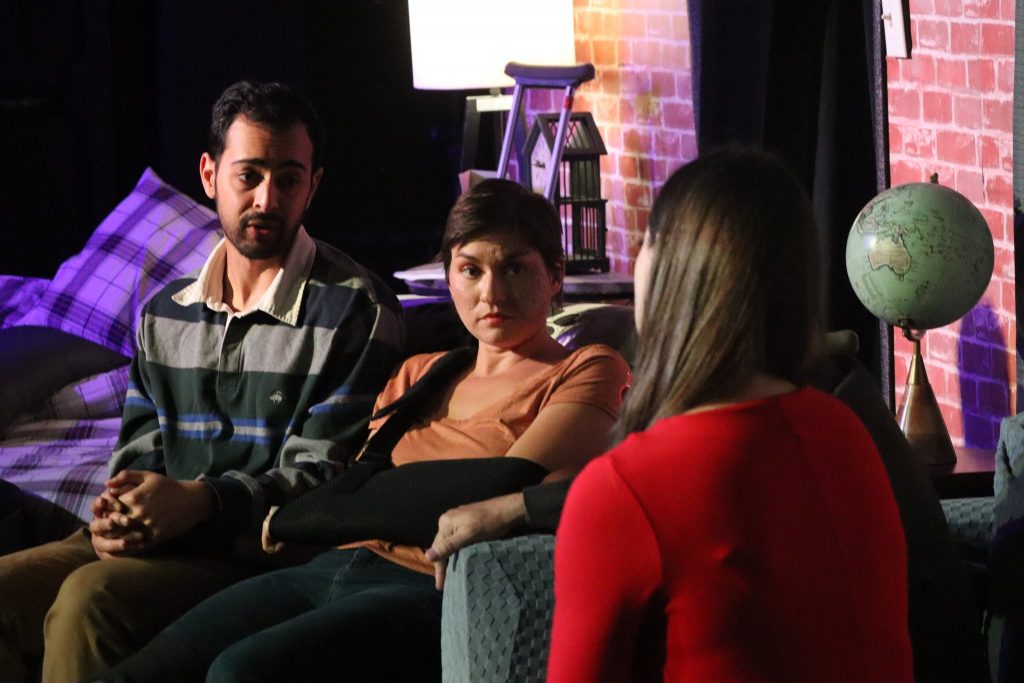

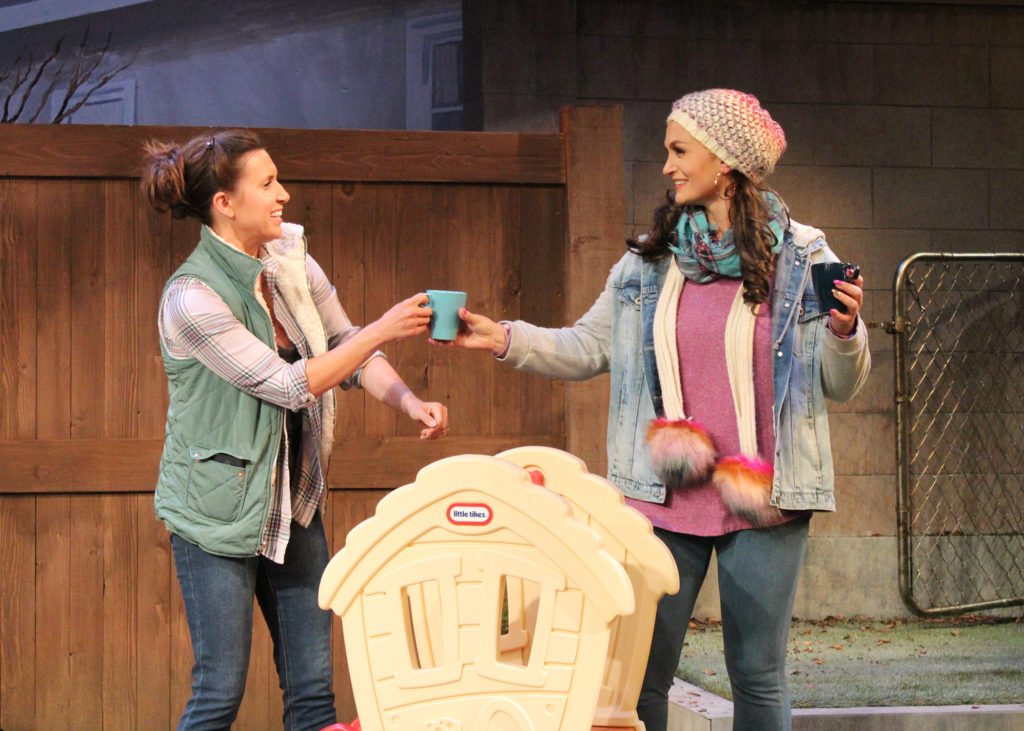
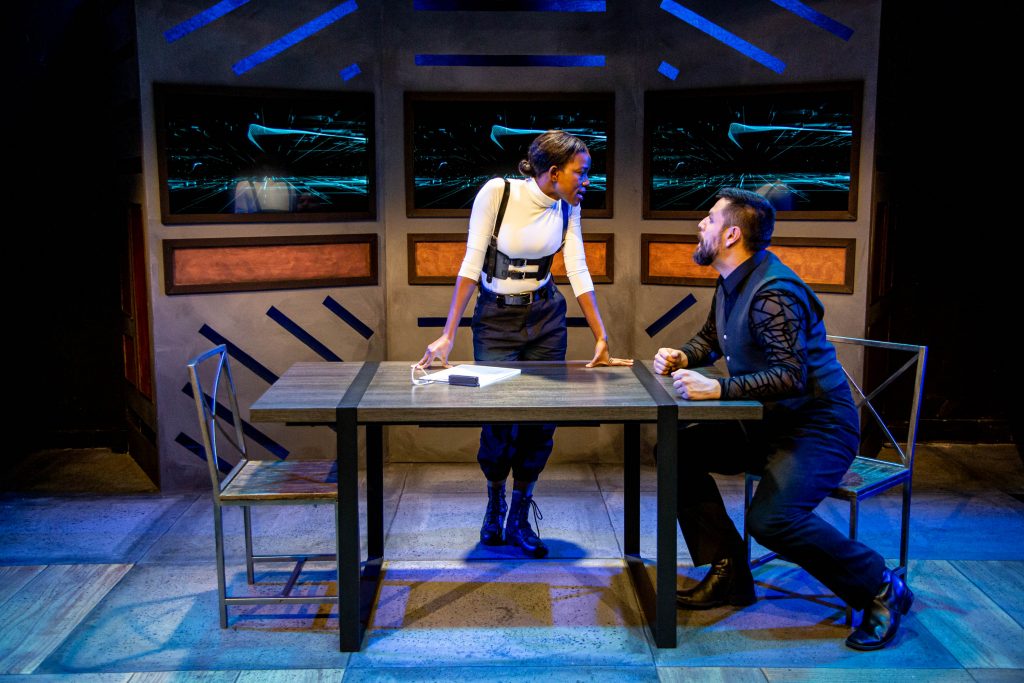
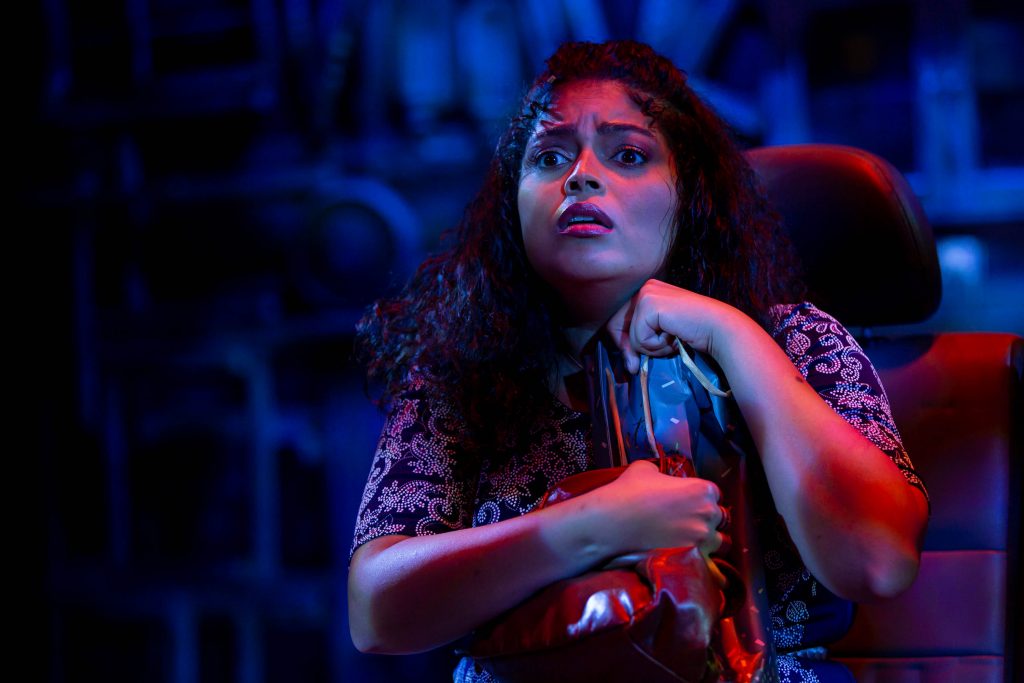
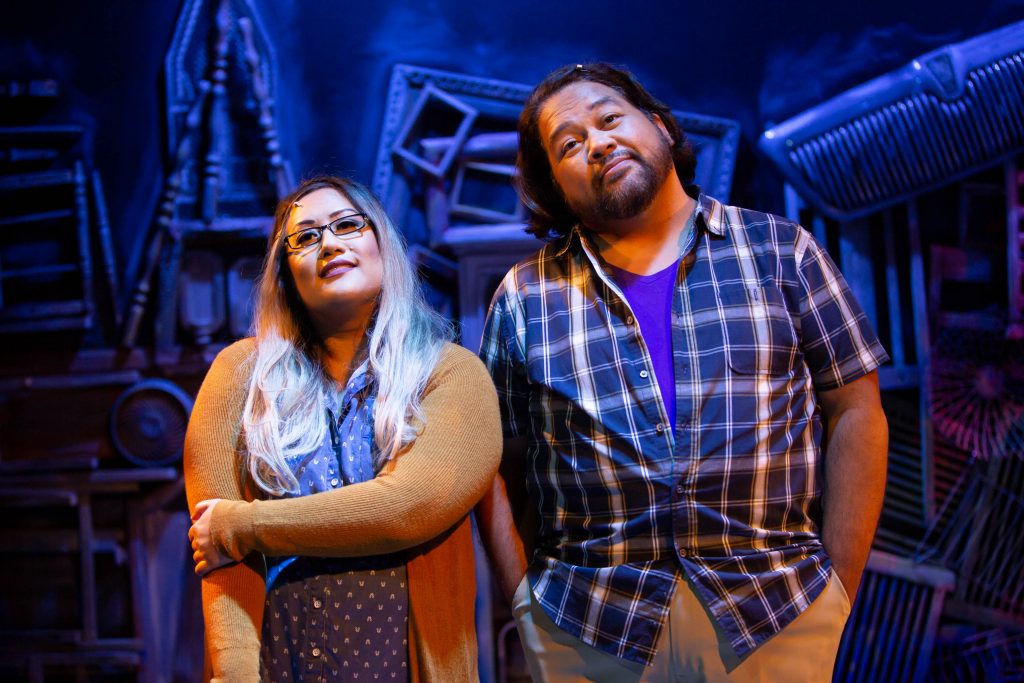

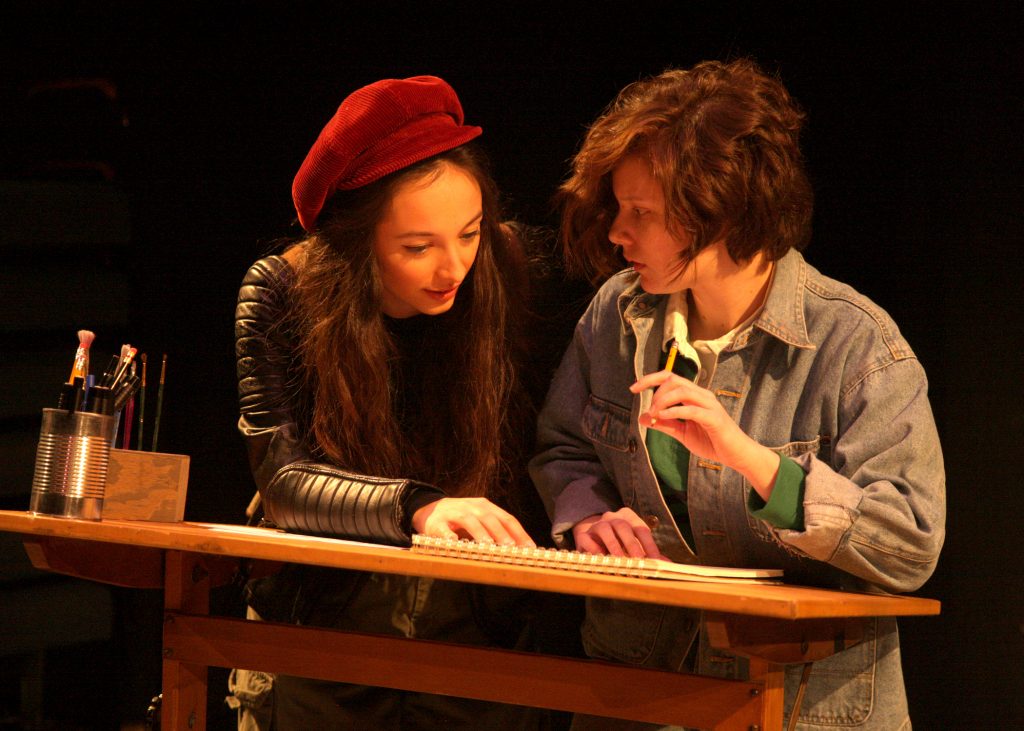
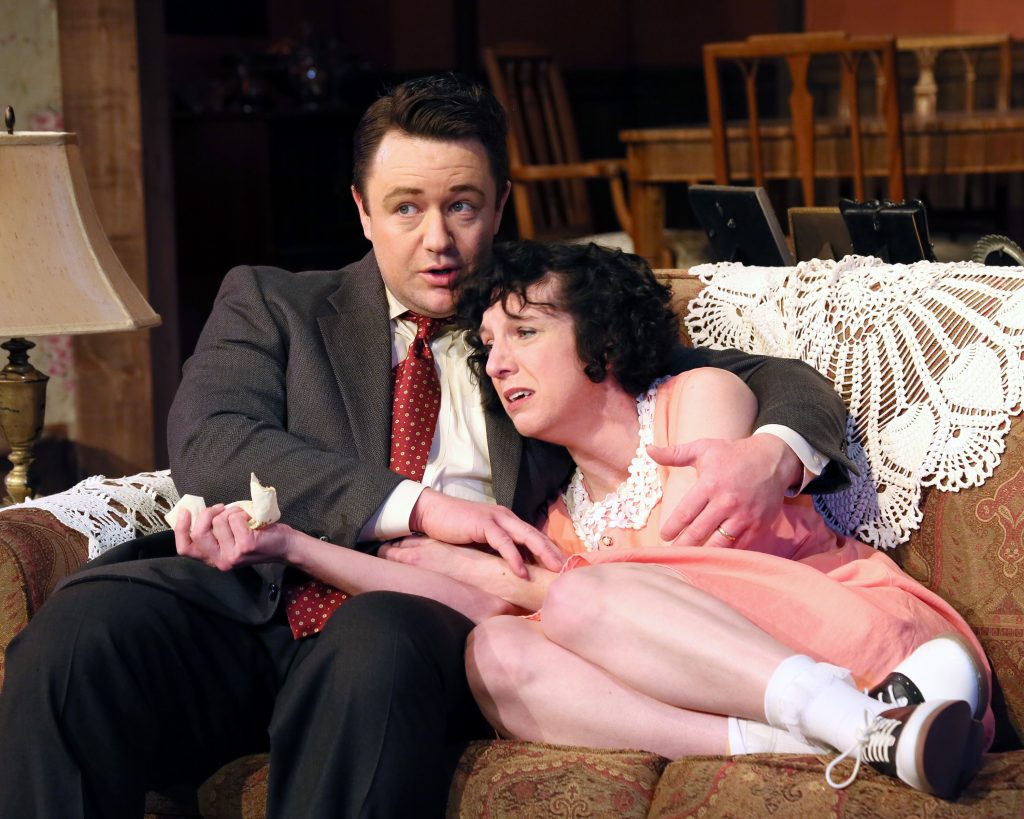

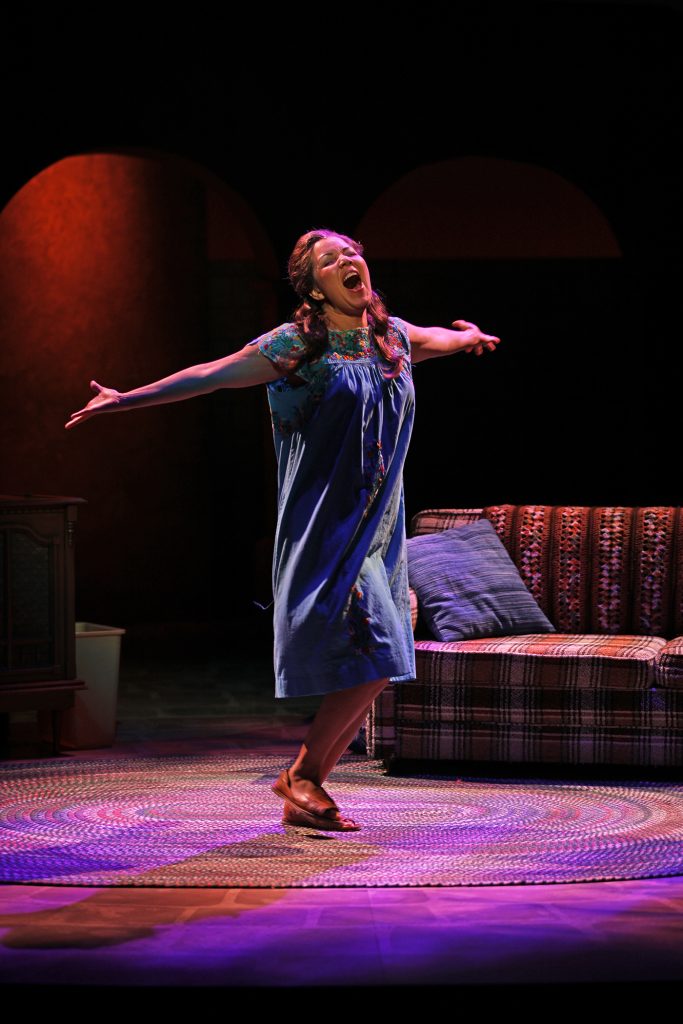
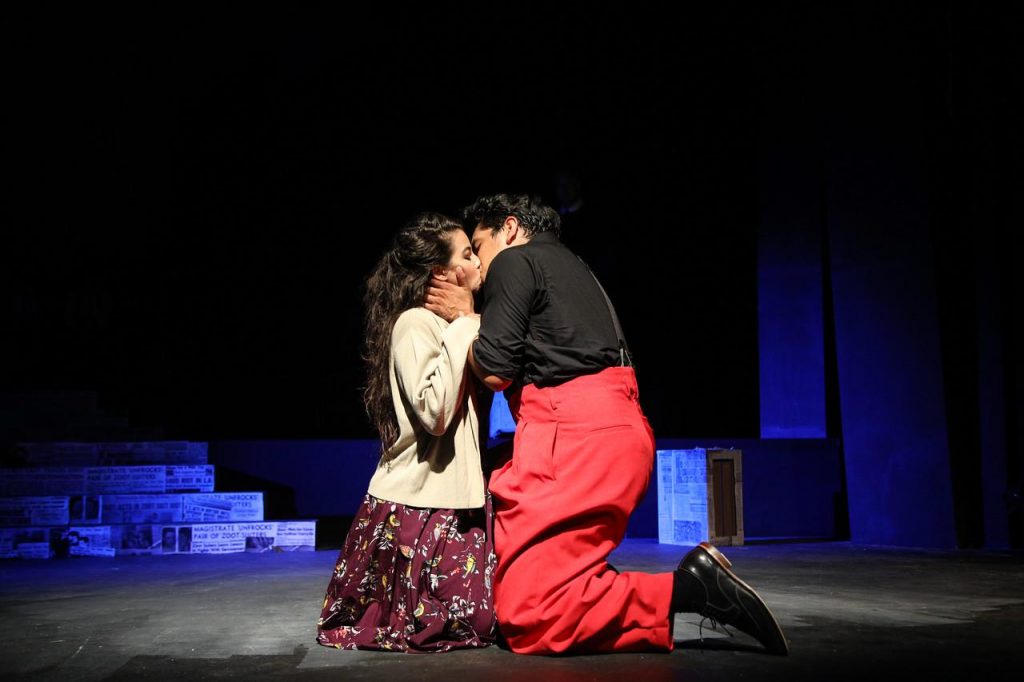
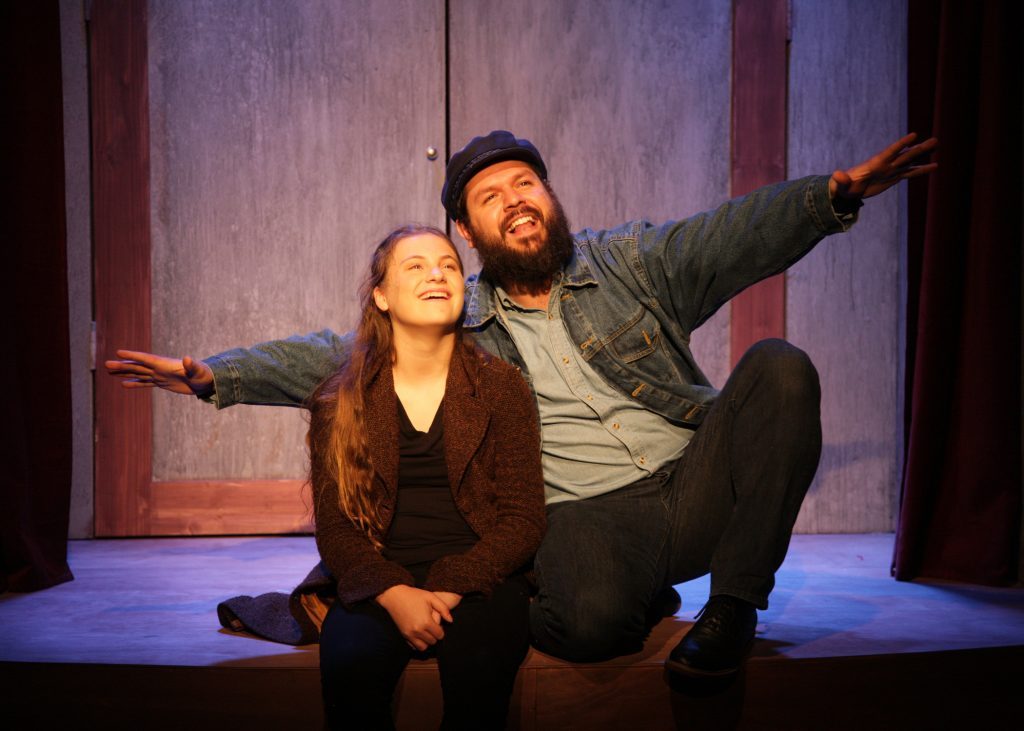
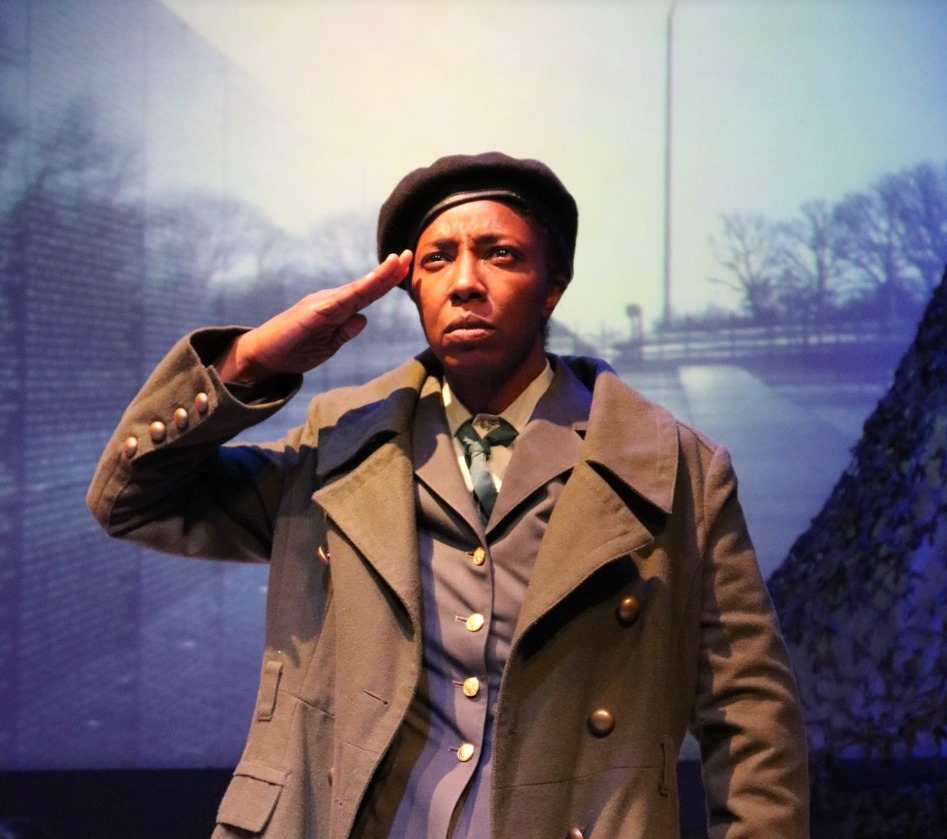
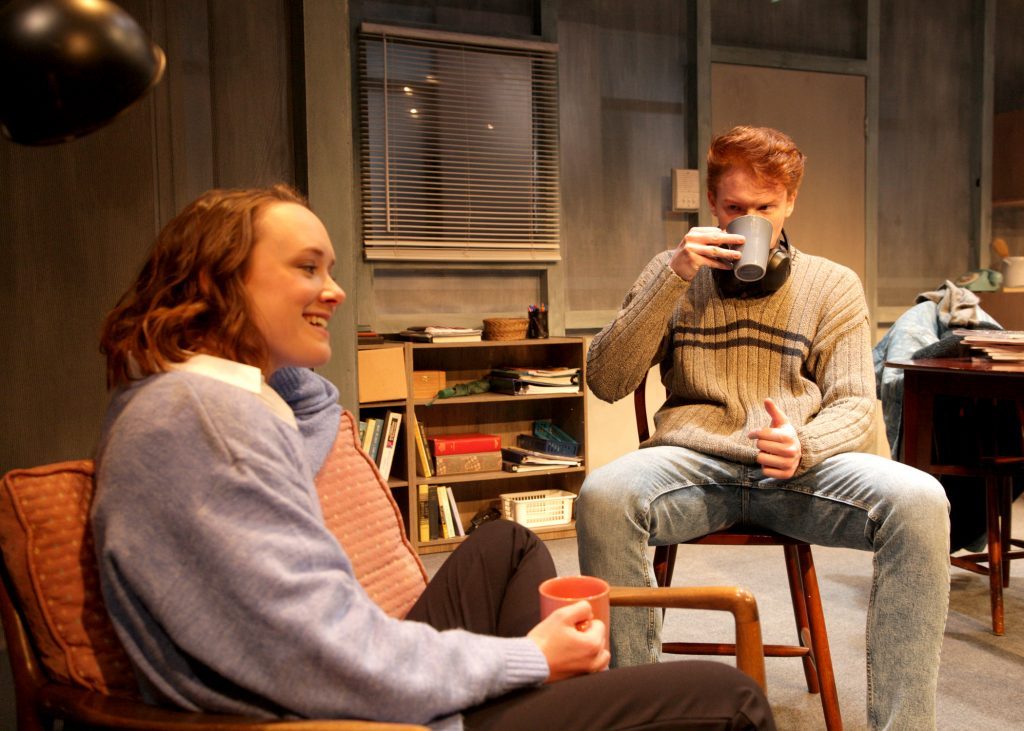
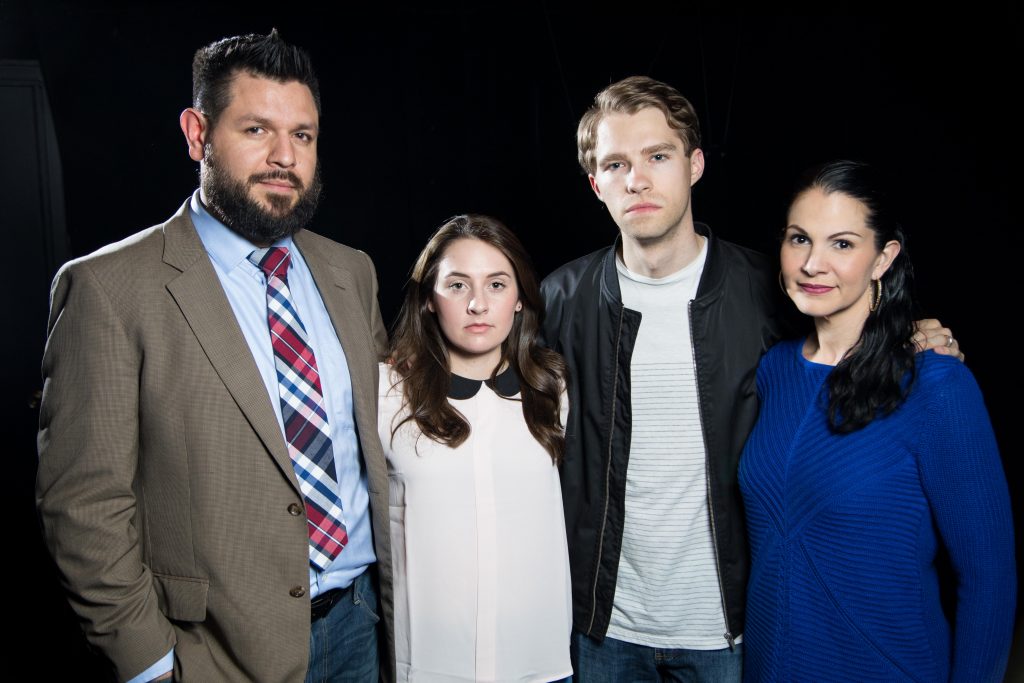
Thank you for the wonderful piece on Grace McLean by Zack Johnston!!